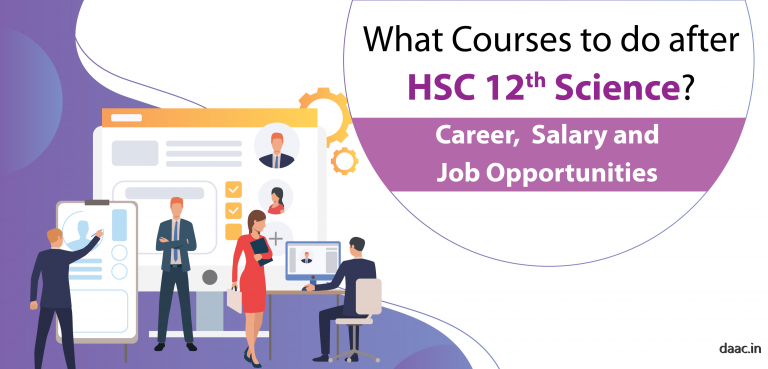Introduction
In recent years, advancements in artificial intelligence (AI) have sparked debates regarding the future of various professions. Among these, the role of software engineers has come under scrutiny with the emergence of sophisticated AI systems like Devin. Devin represents a new wave of AI, capable of complex problem-solving, code generation, and even software development. This article delves into the question: Can Devin, the new AI, replace human software engineers?
Understanding Devin: The AI Software Engineer

- Capabilities of Devin:
- Devin is equipped with deep learning algorithms that enable it to understand complex software architectures and coding paradigms.
- It can analyze requirements, design software solutions, and generate code autonomously.
- Devin continuously learns from vast repositories of code and developer interactions, improving its abilities over time.
- Efficiency and Speed:
- Unlike human engineers, Devin can work around the clock without fatigue, significantly reducing development time.
- Its ability to quickly adapt to new technologies and requirements gives it an edge in rapidly evolving industries.
- Error Reduction and Debugging:
- Devin’s rigorous testing and debugging capabilities minimize the occurrence of bugs and errors in code.
- Its proactive approach to identifying and resolving issues leads to more reliable software products.
The Human Touch: Advantages of Human Software Engineers

- Creativity and Innovation:
- Human engineers bring creativity and innovation to the development process, offering unique perspectives and solutions.
- They possess the ability to think outside the box, introducing novel ideas that AI may overlook.
- Contextual Understanding:
- Human engineers can grasp the nuances of specific project requirements, considering factors such as user experience, cultural sensitivity, and ethical implications.
- They excel in situations where domain expertise and contextual understanding play crucial roles in decision-making.
- Collaboration and Communication:
- Human engineers thrive in collaborative environments, leveraging interpersonal skills to effectively communicate and coordinate with team members.
- Face-to-face interactions foster creativity, idea exchange, and teamwork, enhancing overall project outcomes.
The Future Landscape of Software Engineering

- Hybrid Approaches:
- The future may witness the integration of AI tools like Devin into the software development lifecycle alongside human engineers.
- Hybrid models leverage the strengths of both AI and humans, combining efficiency and innovation for optimal results.
- Specialization and Upskilling:
- Human engineers may shift towards more specialized roles focusing on higher-level problem-solving, system architecture design, and AI integration.
- Continuous upskilling and adaptation to emerging technologies will be essential for staying relevant in a rapidly evolving industry.
- Ethical Considerations:
- As AI becomes more prominent in software engineering, ethical considerations regarding job displacement and algorithmic biases must be addressed.
- Ensuring equitable access to opportunities and retraining programs will be crucial in mitigating the potential negative impacts of AI adoption.
Conclusion
While Devin and similar AI systems showcase remarkable capabilities in software development, they are unlikely to completely replace human software engineers. Instead, the future is likely to see a symbiotic relationship between AI and humans, where each complements the strengths of the other. As technology continues to advance, it is essential to embrace innovation while preserving the invaluable contributions of human creativity, intuition, and empathy in software engineering.




